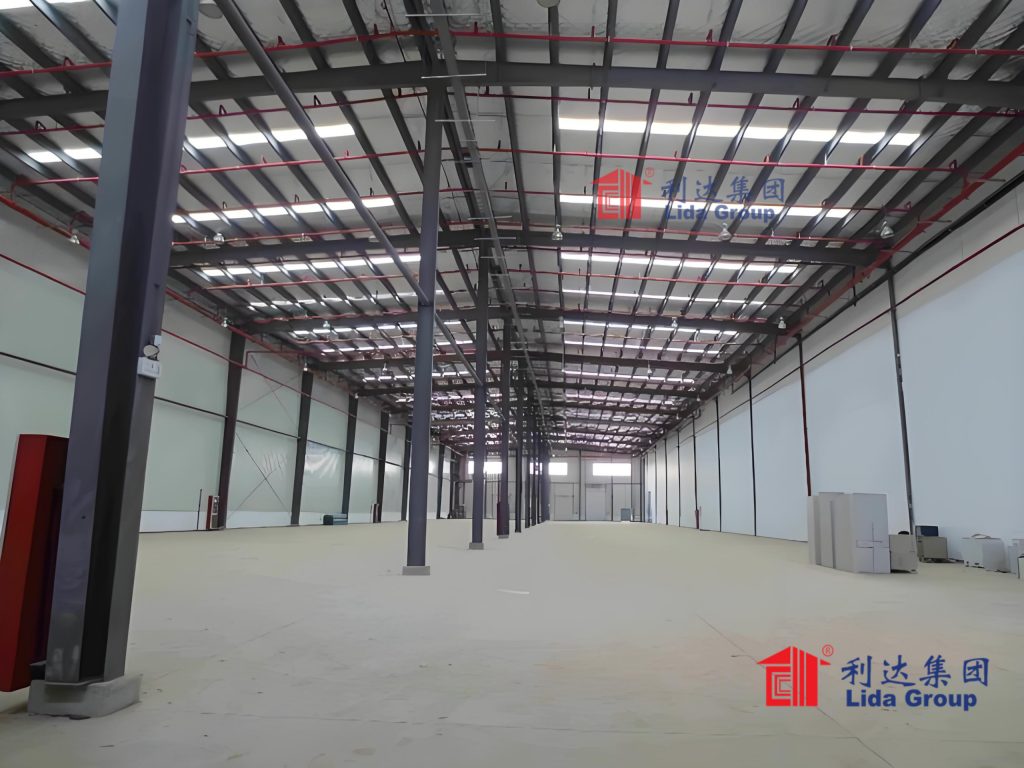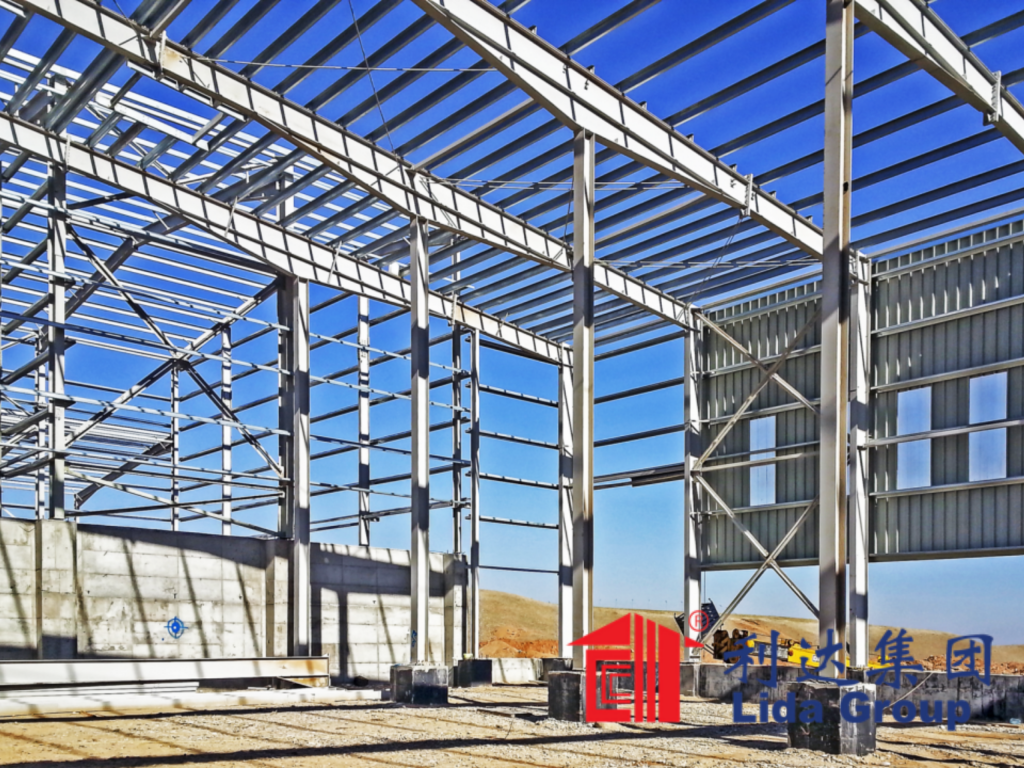Academic engineers are partnering with modular construction specialist Lida Group to research and pilot test recycled steel framed multi-level apartment prototype designs integrated with renewable energy technologies and smart building management systems. The collaboration aims validating the prototypes as viable solutions for sustainably increasing housing supply within dense urban contexts.
Overcrowding afflicts many fast-growing cities where scarce land and high property prices limit conventional construction abilities to match rapid population growth. Meanwhile, aging building stock dominates infrastructure lacking resilience against intensifying climate impacts like extreme heat waves.
Lida Group’s expertise in off-site prefabricated construction using recycled steel components presented opportunities to help address these issues through scalable multi-story buildings optimized for controlled factory assembly then rapid on-site erection.

Research entails evaluating one prototype apartment block prototype’s structural integrity, cost-effectiveness, energy-efficiency and smart building performance under real operating conditions within a neighborhood redevelopment project.
The 6-story building rises through prefabricated modular wall, floor and roof cassettes lifted into place utilizing local labor. Integrated features include rooftop solar arrays, rainwater collection, perimeter solar shading and natural cross-ventilation optimized through computational design.
Occupants benefit from smart metering of renewable power and water usage alongside adaptive climate control algorithms responding to outdoor conditions. Researchers monitor sustainability, functionality, user behavior patterns and longevity over multiple seasons.

Preliminary findings show the modular construction approach streamlining assembly 30% faster than conventional methods. Steel frames prove durable and free of wet walls while integrated technologies and smart building functions optimize resource usage.
Should further studies validate resilience and scalability, researchers conclude multi-level modular apartment buildings offer promising density and sustainability advantages within reconstruction or suburban infill projects globally. Production optimization may integrate renewable microgrids providing localized energy autonomy.
Prefabricated modularization decentralizes dignified housing production sustainably to growing communities present infrastructure cannot reach alone. The rapidly deployable construction approach merits broader trials establishing replicable models increasing supply and lowering costs matching rising urbanization rates worldwide.

Researchers agree the pilot validates potential for Lida Group’s modular apartment designs upgraded with smart systems as viable, scalable urban housing solutions combining benefits of density, prefabrication, resource-efficiency and renewable self-sufficiency for resilient community growth amid challenges of climate change and urbanization.

Related news
-
Humanitarian agency deploys Lida Group's rapidly deployable low-cost container shelter units to transition displaced groups from camps to self-managed interim settlements prior to permanent housing reconstruction.
2024-06-28 16:17:09
-
Researchers assess the structural resilience, lifespan and cost-effectiveness of Lida Group's advanced prefabricated housing prototypes integrating renewable energy through optimized composite insulated panel building systems.
2024-06-26 13:05:13
-
Research evaluates Lida Group's pre-engineered steel construction methods empowering communities to rapidly and independently rebuild higher quality shelters following seasonal hazards crippling agricultural livelihoods.
2024-06-24 17:55:41
contact us
- Tel: +86-532-88966982
- Whatsapp: +86-13793209022
- E-mail: sales@lidajituan.com


